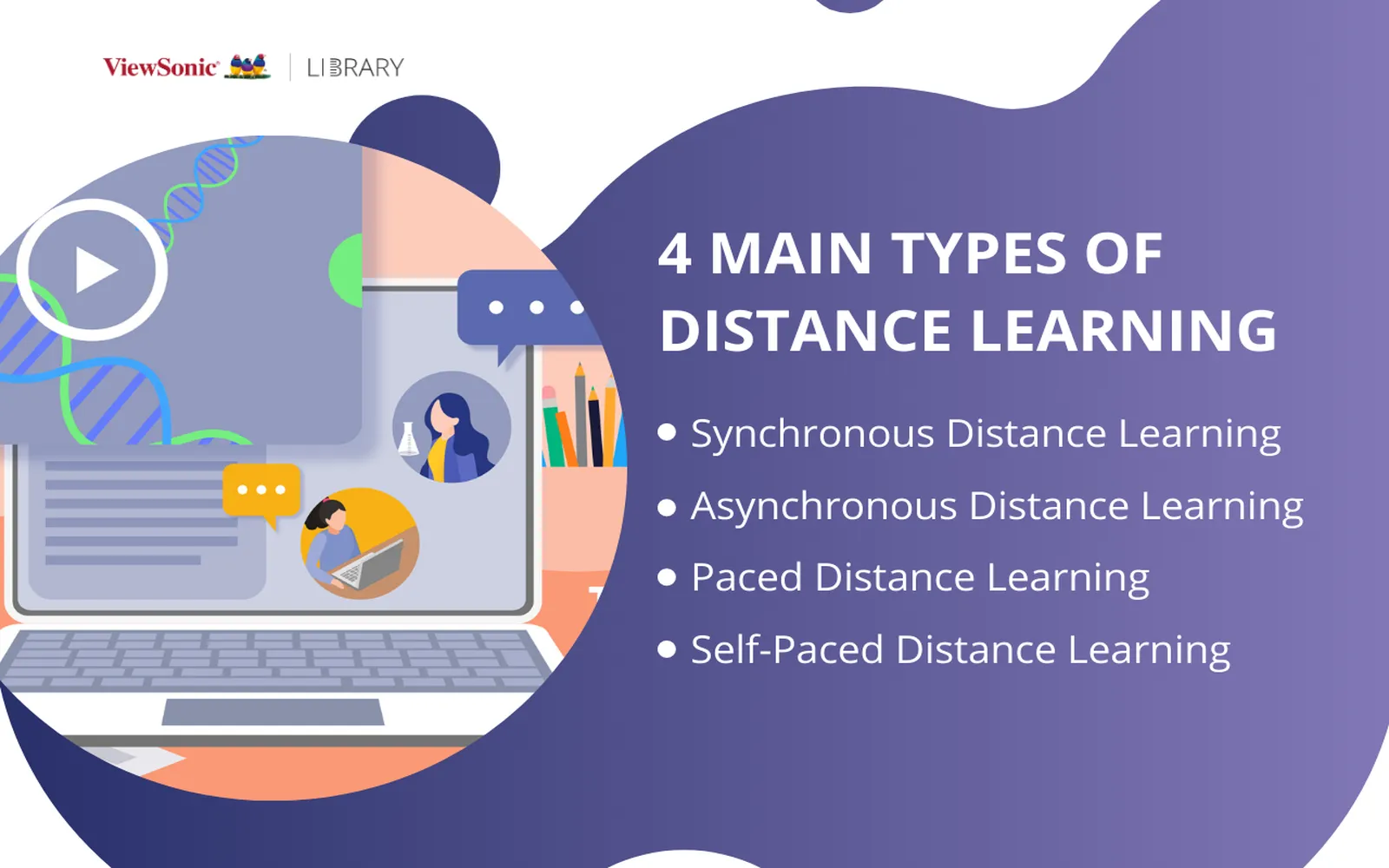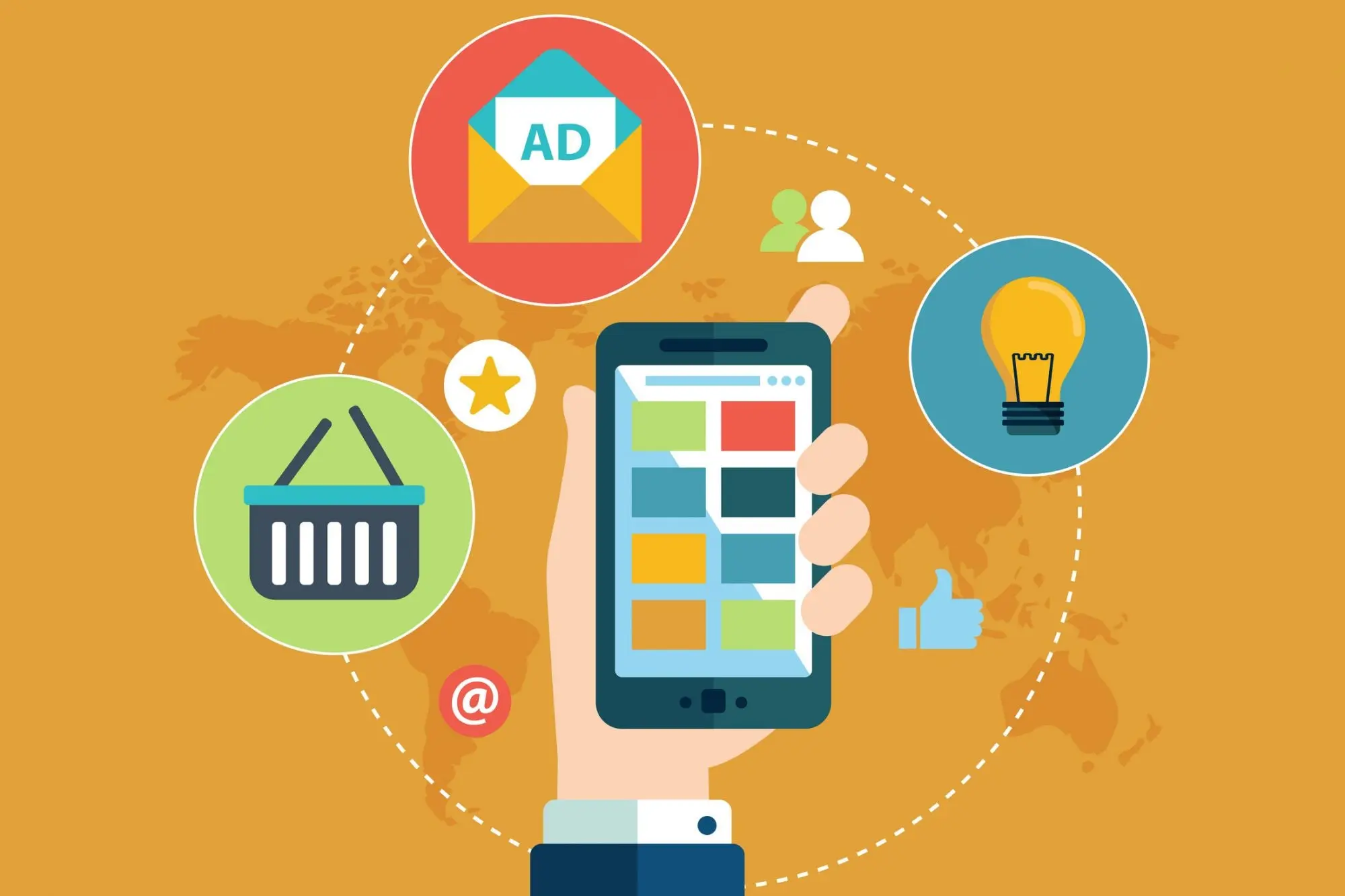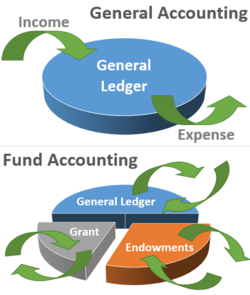How AI Tutors Are Reshaping Online Learning in 2025
In 2025, AI tutors are at the forefront of the digital education revolution, offering personalized, efficient, and scalable learning solutions for students across the U.S. As traditional learning models face challenges of cost, access, and consistency, AI-powered tutoring platforms are proving to be powerful alternatives. Leveraging machine learning and natural language processing, these systems adapt to each learner’s pace and style, delivering a truly customized educational experience.
What Are AI Tutors?
AI tutors are virtual learning systems that use artificial intelligence to simulate one-on-one tutoring. These platforms can evaluate student performance in real time, offer instant feedback, and adjust lesson difficulty based on student needs. They often include features like chat-based interactions, voice assistants, interactive problem-solving, and predictive analytics for student success.
Key Benefits of AI Tutors
| Benefit | Description |
|---|---|
| Personalized Learning Paths | AI adapts lessons to each student’s strengths and weaknesses |
| 24/7 Availability | Students can learn anytime, eliminating schedule conflicts |
| Instant Feedback | Immediate corrections and explanations support faster learning |
| Scalable for Large Groups | Ideal for schools and online platforms with many students |
| Affordable Learning Support | Often cheaper than hiring private human tutors |
| Multisubject Capability | Can teach everything from math and science to language and coding |
How AI Tutors Are Used in Different Learning Environments
From K-12 to college and adult learning, AI tutors are integrated into a wide range of educational platforms:
| Learning Context | How AI Tutors Are Used |
|---|---|
| K-12 Education | Reinforce classroom lessons, support homework help, prep for standardized tests |
| College & University | Assist in writing, coding, problem-solving, and concept reinforcement |
| Test Prep Services | Simulate real test conditions with adaptive question difficulty |
| Workforce Training | Teach soft skills, technical training, and compliance education |
| Special Education | Deliver differentiated instruction tailored to unique learning needs |
Real-World Examples of AI Tutors in 2025
In the U.S., leading platforms like Khanmigo (from Khan Academy), Socratic by Google, and Quizlet’s AI Learning Assistant are dominating the AI education space. These tools are now equipped with conversational agents and content personalization that rival human tutors in accuracy and responsiveness.
Comparing AI Tutors to Traditional Tutoring
| Feature | AI Tutors | Traditional Human Tutors |
|---|---|---|
| Availability | 24/7 | Scheduled sessions |
| Personalization | AI-adapted in real-time | Based on tutor observation |
| Cost | Lower, often subscription-based | Hourly rates, often expensive |
| Emotional Support | Limited empathy, no real human interaction | Strong mentor-student relationship |
| Subject Variety | Wide and multi-language | May be limited to tutor’s expertise |
| Feedback Speed | Instant | Delayed, requires tutor response |
Challenges of AI Tutors
Despite their many benefits, AI tutors are not without limitations:
- Lack of emotional intelligence
- Difficulty handling open-ended creative tasks
- Dependence on stable internet access
- Potential bias in data sets and algorithmic limitations
Still, many platforms are now integrating human-in-the-loop models, combining AI efficiency with human empathy and oversight.
The Future of Online Learning with AI
Looking ahead, AI tutors will likely be embedded within most major online learning platforms, and even within traditional classrooms. As personalization becomes the new standard, students will benefit from adaptive pathways that match their pace, goals, and interests. AI tutors are not replacing educators—they’re becoming powerful partners in learning.
Explore

Modern Distance Learning Options for 2025

Top Online Therapy Platforms for Depression Support

How to Choose the Best Online Supplement Store: A Shopper’s Guide

Top Online Advertising Strategies for Small Businesses in 2025

Online Fund Accounting Programs: Flexibility for Busy Learners

Top HBS Online Courses for Career Growth in 2025

Online MHA Programs That Fit Your Busy Schedule

ROI of an Online Business Degree: Time, Cost, and Outcomes
